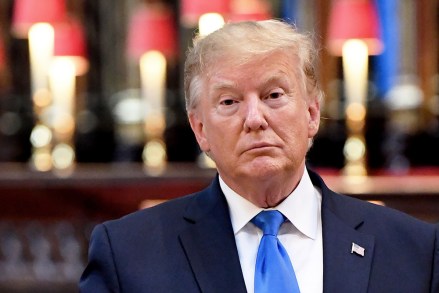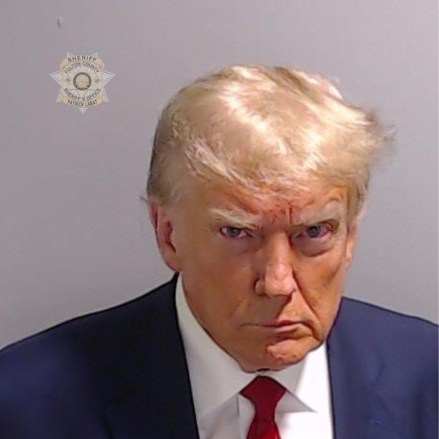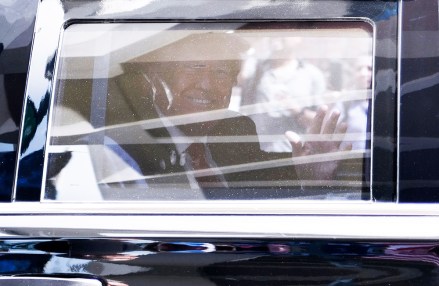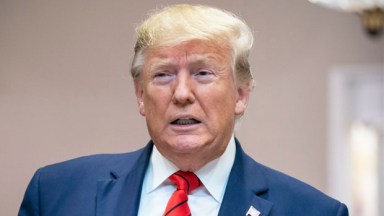
UPDATE, 12/13/19, 10:13am ET: The House Judiciary Committee approved both proposed articles of impeachment against President Donald Trump, Abuse of Power and Obstruction of Congress, after more than 12 hours straight of deliberation and amendments.
UPDATE, 12/5/19, 9:15am ET: Well, here we go. The House Democrats unveiled on December 5 two articles of impeachment against President Donald Trump: Abuse of Power, and Obstruction of Congress, both connected to 45’s pressuring of Ukraine to dig up dirt on former Vice President Joe Biden. House Judiciary Chair Jerry Nadler (D-NY) first announced the decision, saying in an early morning press conference that, “Our president holds the ultimate public trust. When he betrays that trust and puts himself before country, he endangers the Constitution, he endangers our democracy, and he endangers our national security.
“We do not take this action lightly. But we have taken an oath to defend the Constitution,” Nadler continued. “And unlike President Trump, we understand that our duty first and foremost is to protect the Constitution and to protect the interests of the American people.” The House Judiciary Committee will meet later this week to discuss the articles of impeachment and deliver a recommendation to the full House of Representatives. A full House vote on impeachment could come as early as next week. The full process of impeachment, including what comes next, is laid out below.
ORIGINAL: It’s a common misconception that impeachment means the immediate removal of the president from office, when in reality, it’s a lengthy process that includes multiple hearings and votes. Currently, dozens of witnesses and officials are facing questioning before the House Intelligence Committee, as Congress investigates whether President Donald Trump‘s controversial phone call with the president of Ukraine requires his impeachment. In order for that to happen, his actions — allegedly urging President Volodymyr Zelensky to investigate his 2020 election opponent, former Vice President Joe Biden — qualify as “treason, bribery, or other high crimes and misdemeanors,” as proclaimed by the Constitution.
Impeachment typically refers to the filing of formal charges, rather than removal from office — the ultimate check Congress can wield over the president. The House of Representatives is currently in the middle of their impeachment inquiry, as stated prior. Should they conclude after the hearings that there is sufficient evidence to impeach, the matter then goes to the Senate; the Senate then holds a trial to decide if the president should be removed, and banned from holding a federal office in the future. The impeachment process is long and arduous, due in part to the Founding Fathers’ ambiguous “high crimes and misdemeanors” phrasing. While it’s clear what “treason and bribery” are, there is no definitive meaning of the other offenses.
During President Richard Nixon‘s inquiry in 1970, then-House Minority Leader (and future president) Gerald Ford defined impeachment as, “whatever a majority of the House of Representatives considers it to be at a given moment in history.” Read: impeachment by Congress does not need to be because of a criminal offense. Congress has impeached 19 people in the history of the United States, mainly federal judges. Two presidents have been formally impeached: Andrew Johnson, in 1868, and Bill Clinton, in 1998. Neither were removed from office. Richard Nixon resigned in 1974 before the impeachment process could be completed.

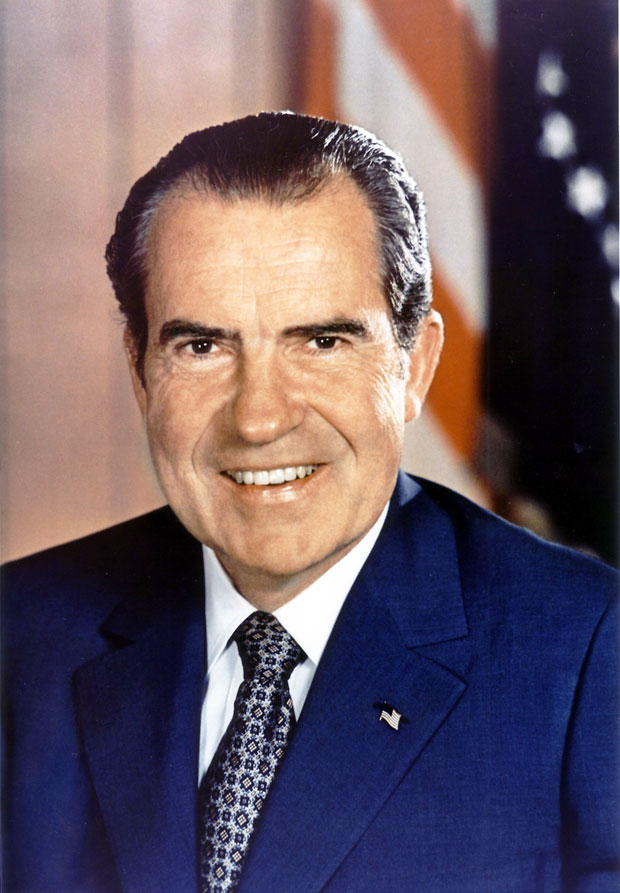
The Trump impeachment inquiries are different from the Clinton and Nixon investigations. Three House committees — Intelligence, Oversight, and Foreign Affairs — are conducting the investigations, as opposed to Clinton’s one (House Judiciary). As House Speaker Nancy Pelosi has explained, while Intelligence will take the lead in the investigation, Judiciary will hold the actual vote on articles of impeachment. As of press time, we’re on Day Three of the House inquiry. It took six days for House Judiciary to recommend three articles of impeachment against Nixon in July 1974, and three days for the committee to recommend two articles against Clinton in December 1998. It is unclear how much longer the current inquiry will go.
